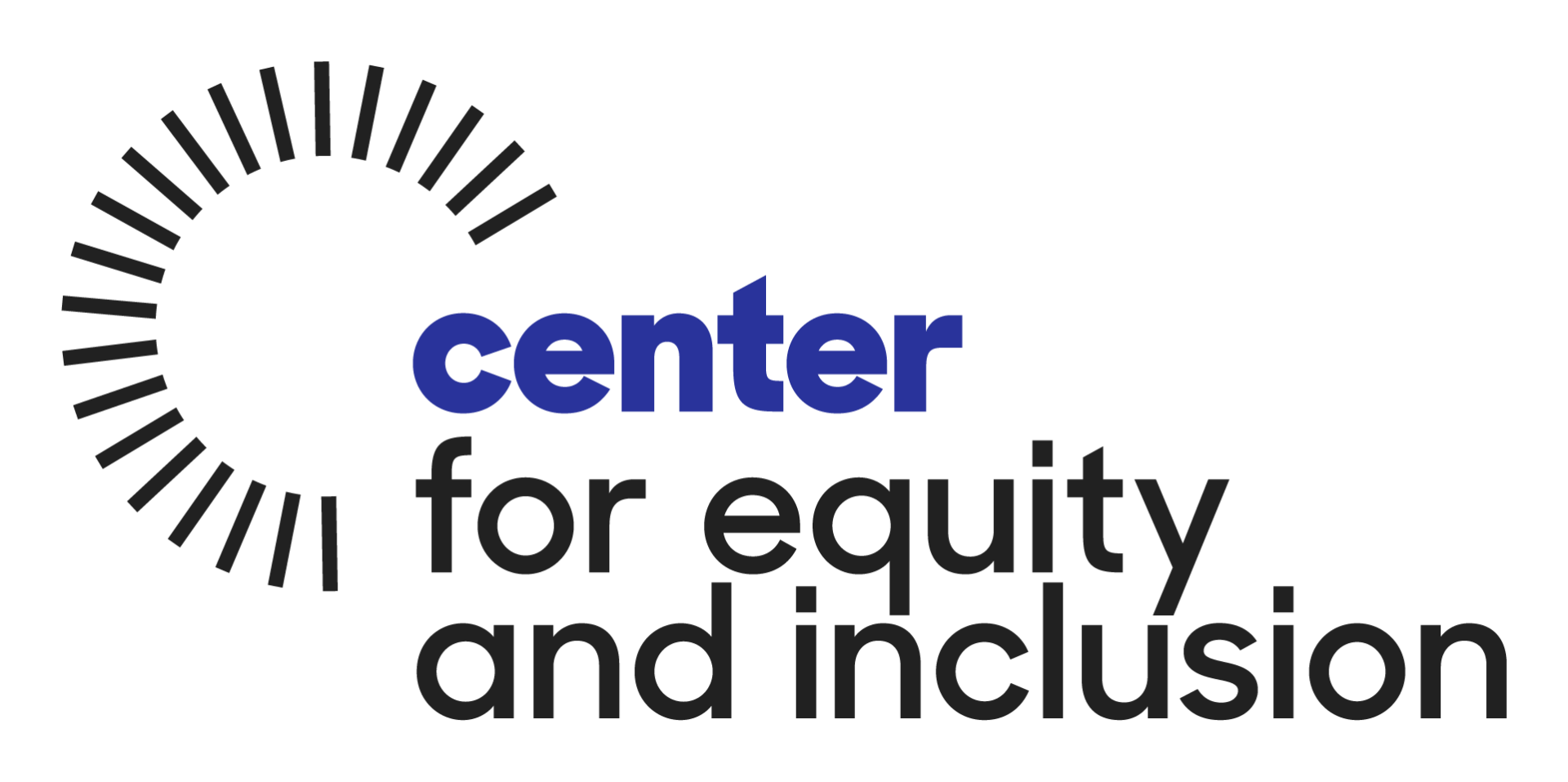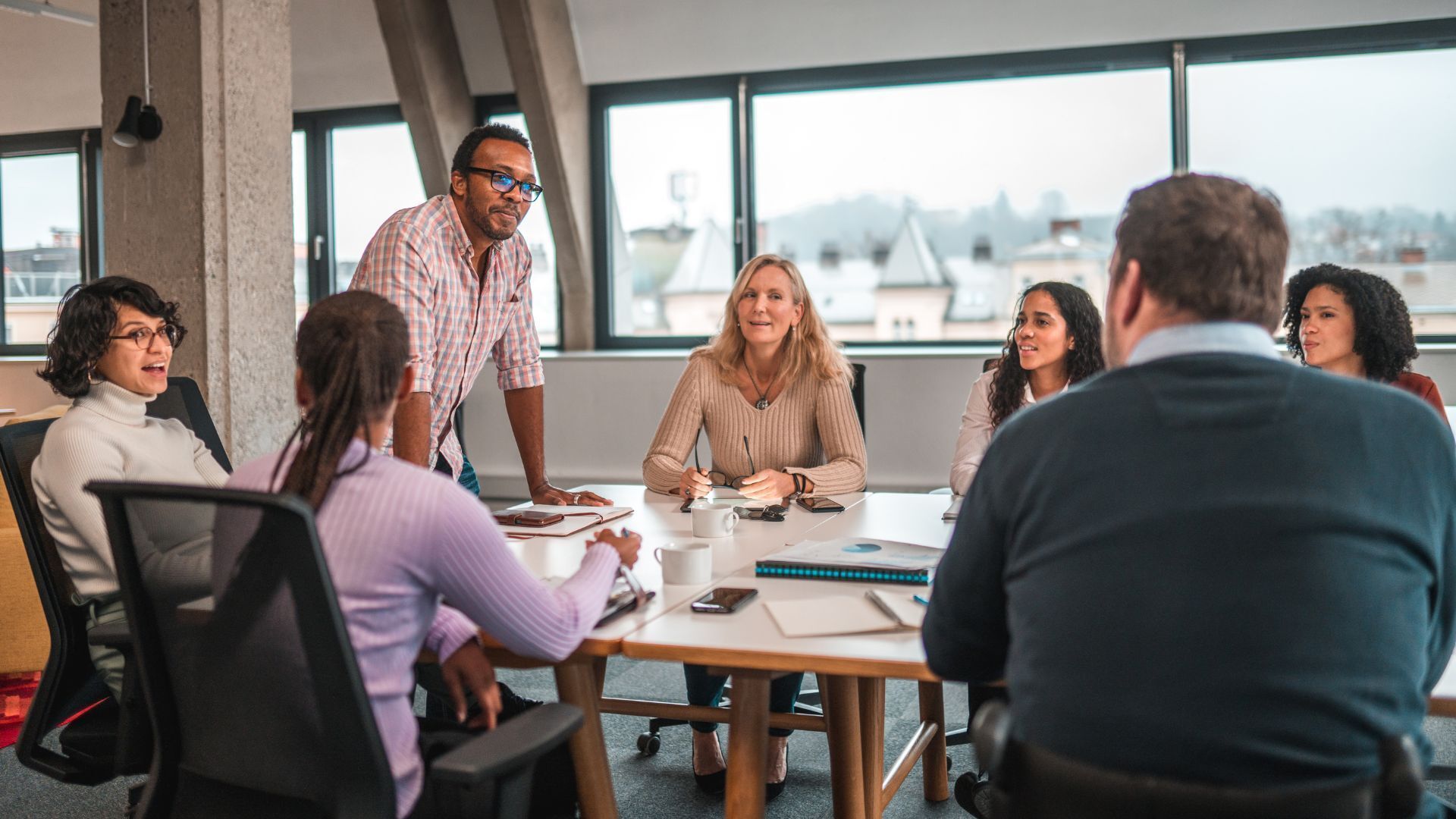Reshaping diversity in the workplace starts with curiosity, courage, and commitment.
Let’s be honest.
Most organizations don’t suffer from a lack of training. They suffer from training that goes nowhere. One-off workshops. Polished presentations. A little inspiration, but no transformation.
Here’s the truth we’ve seen again and again:
If you want a culture shift, you need a learning shift. A shift from “checking the box” to
building capacity. From downloading information to
creating a collective understanding. From silence and shame to
courage and curiosity.
We’ve helped teams of all sizes breathe life into their equity efforts, not by delivering all the answers, but by creating the conditions where
real learning can thrive, contributing to a healthy, inclusive, and empowering workplace culture.
Here are five ways your organization can improve workplace culture through ongoing, equity-centered learning:
1. Move Beyond One-Time Workshops
A single DEI training might spark a conversation. But it won’t change systems.
Workplace culture isn’t built in a day, and neither is cultural safety. We invite leaders to treat learning like strategy: iterative, ongoing, and built into the rhythm of your organization.
- Create regular learning touchpoints, not just annual training. In our workplace culture training series, you get just that - ongoing training on the topics that matter for your people and your business.
- Use time-based themes (e.g. quarterly deep dives) to explore bias, power, privilege, and systemic harm in layered ways.
- Pair learning with action, new skills, shared language, reimagined practices.
Let’s stop treating equity like an extracurricular.
2. Tailor Training to Every Role, Even the Top
We’ve seen it time and again: senior leadership has one experience, middle managers another, and frontline staff often get left out altogether.
To shift culture, we need to
engage every level
in ways that feel relevant to their lived experiences and work realities.
- For execs: Focus on improving business outcomes, modeling vulnerability, accountability, and strategic alignment.
- For managers: Build coaching capacity and psychological safety skills.
- For staff: Grounded in tools, language, and real-life application.
Equity isn’t a job title. It’s a shared practice.
3. Balance Awareness With Action
Yes, your team needs to understand bias, privilege, and historical trauma. But awareness alone is not enough. We help organizations move from knowing to doing by building action into every learning process.
- Tie every session to a workplace lever (policy, process, culture, behavior).
- Introduce frameworks for decision-making, not just food for thought.
- Keep asking:
Now what?
Learning that doesn’t ripple into action? That’s just a wave that crashed too early.
4. Name (and Hold) Historical Context
Too many equity efforts start with today and skip the history. But if we don’t name the roots, we can’t change the outcomes.
At The Center, we honor the deep and painful histories that shape today’s workplace realities—histories of systemic oppression, colonization, and racialized harm. Communities that have been historically marginalized—Indigenous, Black, Asian, immigrant, and others—have endured cultural erasure, forced displacement, and exclusion woven into the very systems we work within.
Creating psychological safety isn’t about being polite—it’s about building spaces where people can speak hard truths, name generational harm, and begin to heal.
When those most impacted feel seen, supported, and empowered, the whole organization becomes more connected, creative, and resilient.
Equity starts where the truth is told.
5. Create Space for Curiosity (and Questions)
In every training we lead, we remind people:
“There are no dumb questions, just people who care enough to ask.”
We build learning spaces where people can stumble, be real, and grow. That’s how we build trust.
- Normalize not knowing.
- Offer multiple formats such as live sessions, asynchronous content, and coaching pods.
- Reinforce: learning is a long game.
Curiosity is not a weakness, it’s your superpower.
Register for our next series of online workshops facilitated by Hanif Fazal, Co-Founder of The Center Consultancy and author of
An Other World: The Fight for Freedom, Joy, and Belonging. Sign up and receive the “AI for an Equitable Workplace” course on us!



